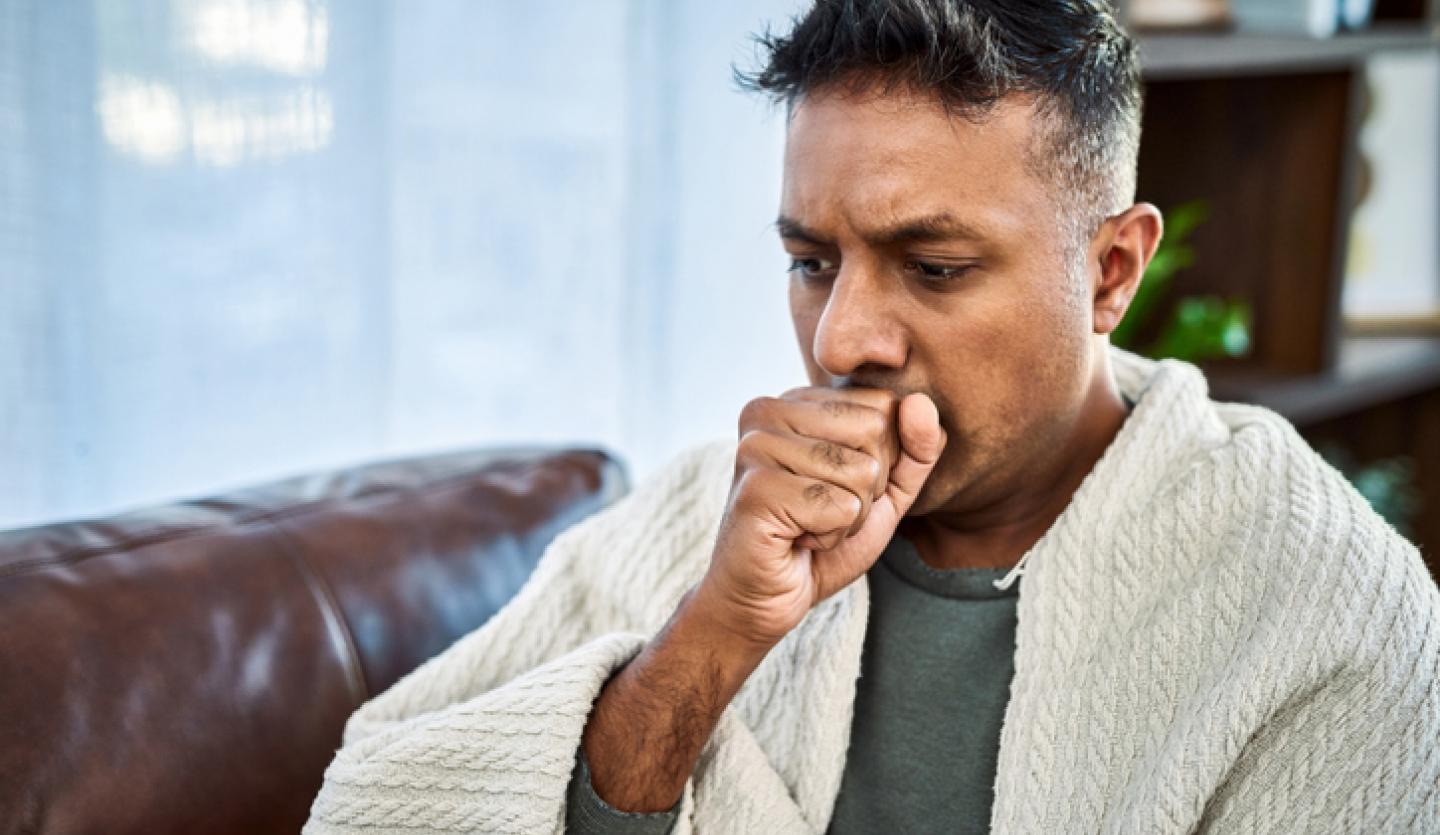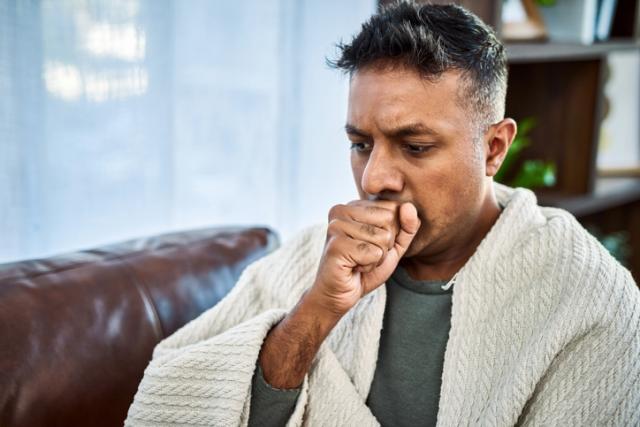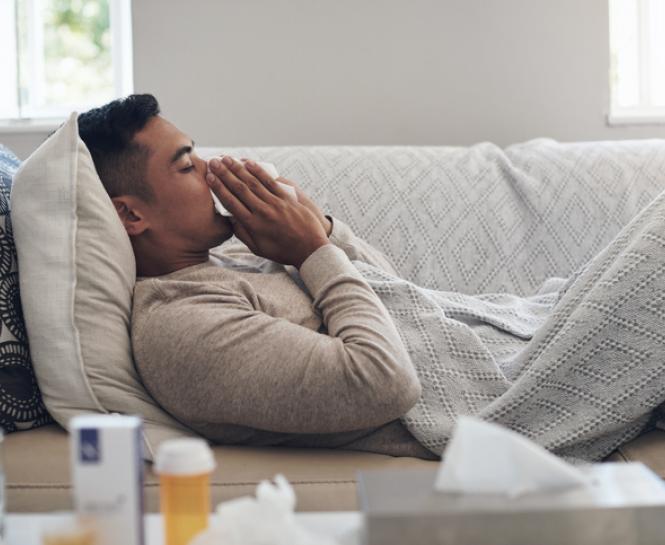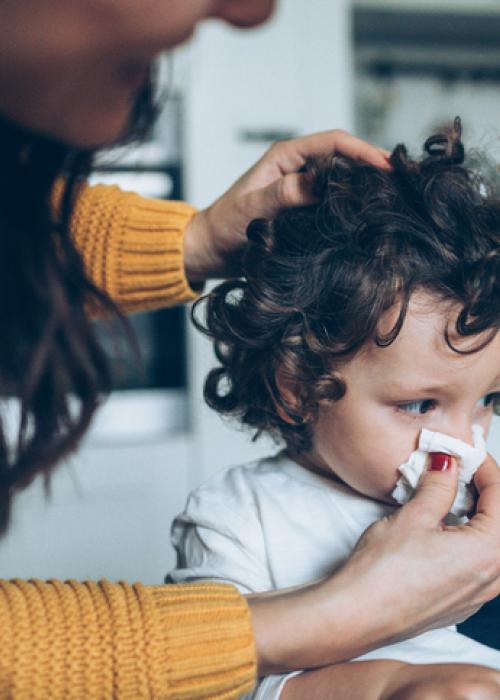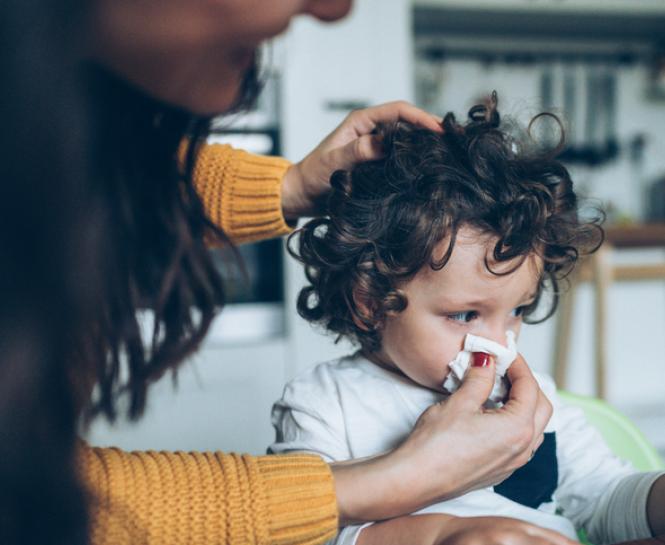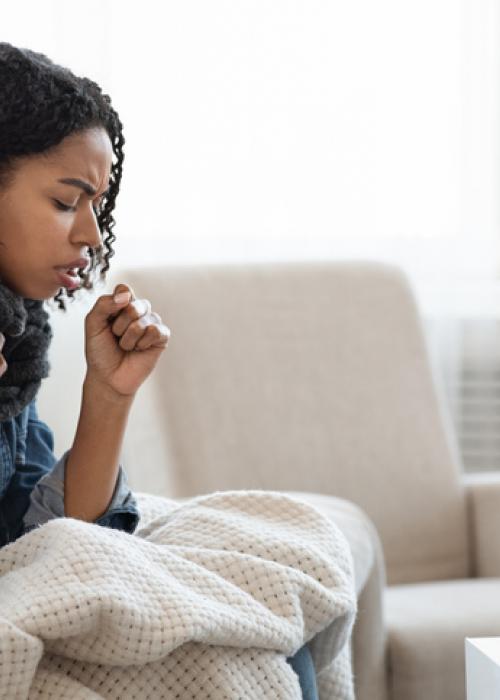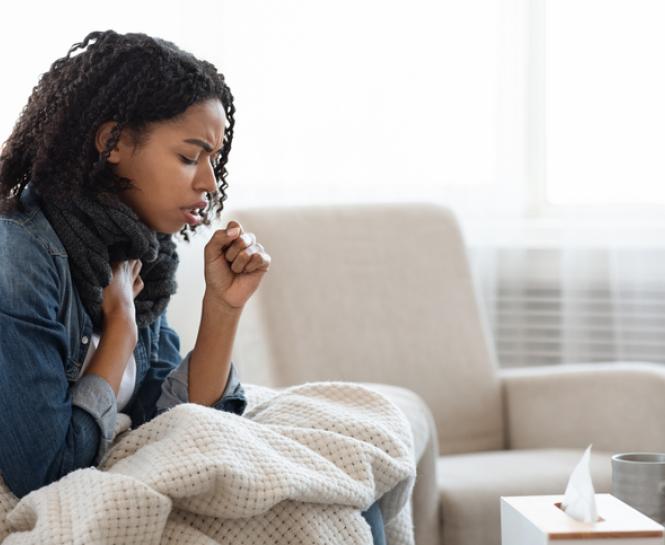“RSV is a common illness that most adults and children contract at some point in their lives,” said Mayur Rali, MD, Catholic Health Physician Partners Primary Care Physician. “For healthy, younger adults, RSV is similar to a cold. But an RSV infection can cause complications for older adults and those with pre-existing medical conditions.”
Dr. Rali noted that it is important to know the symptoms of respiratory syncytial virus (RSV) and when to seek help if your symptoms worsen.
Who is at high risk for an RSV infection?
In a young, healthy person, RSV does not typically cause complications and acts more like the common cold. However, an RSV infection can be dangerous for certain groups of adults. According to the Centers for Disease Control and Prevention (CDC), between 60,000 and 160,000 older adults in the United States are hospitalized yearly with an RSV infection.
Adults at high risk for contracting RSV and developing dangerous complications include those who:
- Are older, especially over age 65
- Have a chronic heart or lung disease, such as:
- Asthma
- Chronic obstructive pulmonary (COPD)
- Congestive heart failure (CHF)
- Have other underlying medical conditions
- Have weakened immune systems
What are the symptoms of RSV in adults?
Signs and symptoms of RSV typically occur four to six days after exposure. Symptoms may include:
- Congestion
- Coughing or sneezing
- Headache
- Low-grade fever
- Runny nose
- Sore throat
In some cases, an RSV infection can spread to your lower respiratory tract, including your lungs. When this occurs, you may experience:
- Cyanosis (bluish tint to the skin)
- Fever
- Quick breathing or trouble breathing
- Severe cough
- Wheezing
Call 9-1-1 if you are experiencing trouble breathing, severe wheezing or a high fever.
How do I treat RSV?
Talk to your doctor about your symptoms. If you have a mild RSV infection and can recover at home, your doctor may recommend:
- Drinking plenty of fluids
- Getting enough sleep
- Taking over-the-counter pain relief and fever-reducing medications
- Using saline nasal drops or sprays
How can I prevent an RSV infection?
Like the influenza (flu) virus and the common cold, RSV is more common during the colder months of fall and winter. If you are worried about catching or spreading RSV, you can take steps to reduce your risk, including:
- Avoid contact with sick people and stay home if you do not feel well
- Avoid touching your eyes, nose and mouth—especially with unwashed hands
- Clean and disinfect frequently touched surfaces
- Cover your coughs and sneezes
- Wash your hands often with soap and water or hand sanitizer
According to the CDC, the RSV vaccine can help protect adults 60 years and older from severe RSV illness. Talk to your primary care physician about if the RSV vaccine is right for you. Learn more about the RSV vaccine.
Find Care at Catholic Health
Call 866-MY-LI-DOC (866-695-4362) to find a Catholic Health physician near you.

